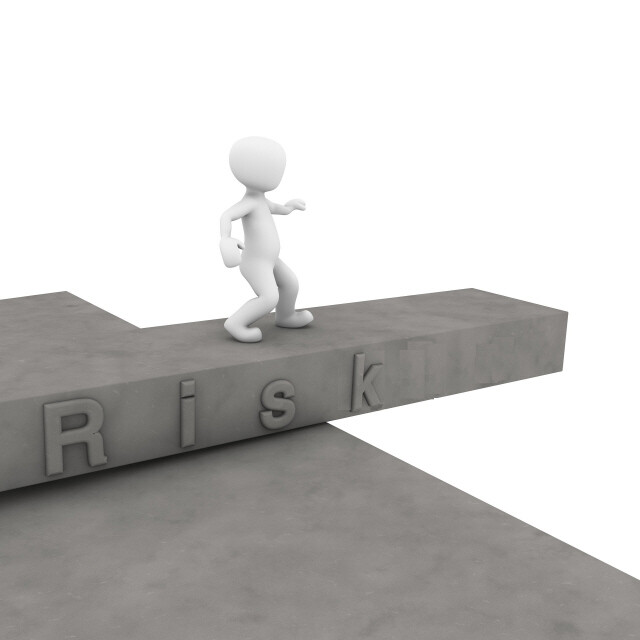hankyoreh
Links to other country sites 다른 나라 사이트 링크
South Korean industry faces pressure from China, despite improved competitiveness

South Korea has increased its global competitiveness in four leading industries, but China is narrowing the gap, a new report says.
South Korea’s competitiveness has improved in three out of four of its leading export industries (all but steel and metal), according to a report titled “An Analysis of South Korean and Chinese Competitiveness and Recommended Countermeasures.” Published on Jan. 26, the report was composed by No Won-jong, head of the emerging economy team at the Bank of Korea.
The report shows that the global market share of South Korea’s machine industry increased from 3.7% in 2005 to 4.9% in 2013, while the petroleum chemistry industry and electronics industry saw their shares grow from 2.0% to 2.6% and from 5.3% to 5.7%, respectively. The steel and metal industry, by contrast, was down slightly from 3.1% to 3.0%.
But these major South Korean industries were growing at a slower pace than their Chinese counterparts, which means that South Korea’s competitiveness vis-a-vis China has weakened. An analysis using the revealed comparative advantage (RCA) index (which is widely used for assessing the comparative advantage of export products) confirmed that South Korea’s competitive lead was shrinking in most of these areas, the report said.
Specifically, South Korea’s lead decreased in the electronics industry, machine industry and steel and metal industry, while its lead in the petroleum chemistry industry grew slightly.
The growth in the petroleum chemistry industry’s competitive edge resulted from South Korea gaining a bigger share of the Chinese market in aromatic hydrocarbons and propane and from South Korea improving its RCA in petroleum products, propane, and synthetic rubbers more than China did, the report concluded.
South Korea’s shrinking competitive edge in these leading industries has already been reported in analyses by other government agencies.
A study by the Korea Institute of Science and Technology Evaluation and Planning (KISTEP) suggests that the time China needs to catch up with South Korean technological expertise decreased from 3.4 years in 2008 to 1.8 years in 2014 in the electronics industry, from 3.4 years to 1.7 years in the machine industry, and from 1.9 years to 0.4 years in the petroleum chemistry industry. In the steel and metal industry, South Korea’s lead over China fell from 1.1 years in 2011 to 0.9 years in 2013.
The results were the same in the various stages of production, according to the Bank of Korea’s report, with South Korea’s competitive lead over China shrinking in the areas of parts, consumer goods, and capital goods. In the area of semi-finished goods, however, results were mixed, depending on the product.
Based on this analysis, the report concluded that South Korea’s leading industries are losing the technological advantage they have had over China, which represents a rapidly growing threat to the foundation of South Korea’s future competitiveness.
Even so, the report suggested, South Korea should be able to maintain its competitive advantage over China for a considerable amount of time provided that the South Korean government takes the appropriate countermeasures. As evidence for this, the report pointed to South Korean advantages such as R&D investment and the corporate capacity for innovation, and the vulnerability of the Chinese economy.
“There is a need for adopting a selective and focused approach to helping leading industries maintain or secure their competitiveness and for providing smaller companies with access to an augmented R&D foundation,” said No, the report’s author.
By Lee Kyung, Economic correspondent
Please direct questions or comments to [english@hani.co.kr]

Editorial・opinion
![[Column] Has Korea, too, crossed the Rubicon on China? [Column] Has Korea, too, crossed the Rubicon on China?](https://flexible.img.hani.co.kr/flexible/normal/500/300/imgdb/original/2024/0419/9317135153409185.jpg) [Column] Has Korea, too, crossed the Rubicon on China?
[Column] Has Korea, too, crossed the Rubicon on China?![[Correspondent’s column] In Japan’s alliance with US, echoes of its past alliances with UK [Correspondent’s column] In Japan’s alliance with US, echoes of its past alliances with UK](https://flexible.img.hani.co.kr/flexible/normal/500/300/imgdb/original/2024/0419/2317135166563519.jpg) [Correspondent’s column] In Japan’s alliance with US, echoes of its past alliances with UK
[Correspondent’s column] In Japan’s alliance with US, echoes of its past alliances with UK- [Editorial] Does Yoon think the Korean public is wrong?
- [Editorial] As it bolsters its alliance with US, Japan must be accountable for past
- [Guest essay] Amending the Constitution is Yoon’s key to leaving office in public’s good graces
- [Editorial] 10 years on, lessons of Sewol tragedy must never be forgotten
- [Column] A death blow to Korea’s prosecutor politics
- [Correspondent’s column] The US and the end of Japanese pacifism
- [Guest essay] How Korea turned its trainee doctors into monsters
- [Guest essay] As someone who helped forge Seoul-Moscow ties, their status today troubles me
Most viewed articles
- 1[Column] The clock is ticking for Korea’s first lady
- 2After 2 months of delayed, denied medical care, Koreans worry worst may be yet to come
- 3Hong Se-hwa, voice for tolerance whose memoir of exile touched a chord, dies at 76
- 4[Column] Has Korea, too, crossed the Rubicon on China?
- 5[Correspondent’s column] In Japan’s alliance with US, echoes of its past alliances with UK
- 6Samsung barricades office as unionized workers strike for better conditions
- 7All eyes on Xiaomi after it pulls off EV that Apple couldn’t
- 8[Editorial] As it bolsters its alliance with US, Japan must be accountable for past
- 9[News analysis] After elections, prosecutorial reform will likely make legislative agenda
- 10US overtakes China as Korea’s top export market, prompting trade sanction jitters